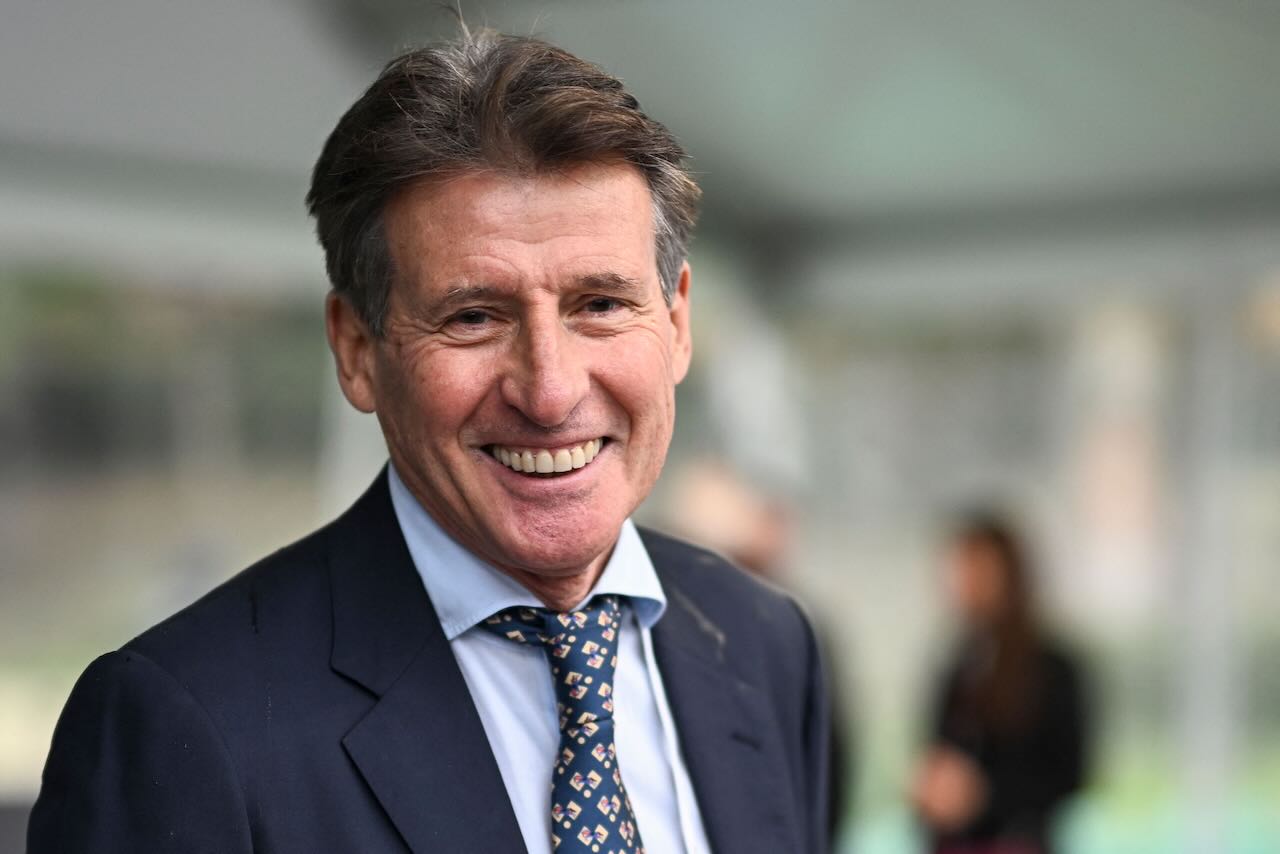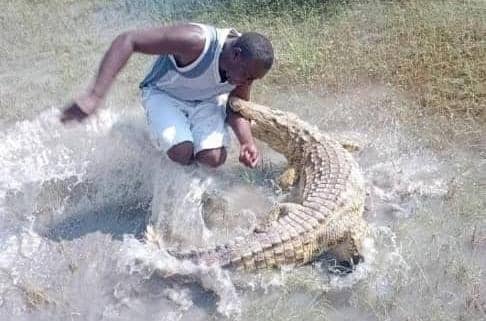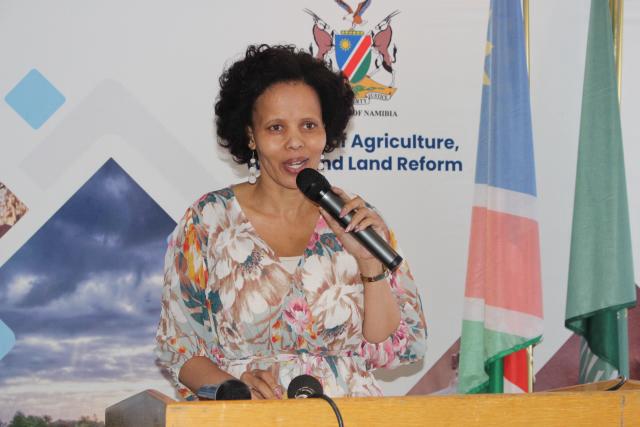World Athletics has approved the introduction of cheek swabbing to determine if an athlete is biologically female.
The global body’s president Sebastian Coe said the decision taken by the World Athletics Council was further evidence his organization would “doggedly” protect the female category.
No timeline for the introduction of pre-clearance testing has been officially set out, but the PA news agency understands World Athletics’ intention is to have the testing in place for athletes wanting to compete in the female category at the World Championships in Tokyo in September.
Coe said on Tuesday: “It’s important to do it because it maintains everything that we’ve been talking about, and particularly recently, about not just talking about the integrity of female women’s sport, but actually guaranteeing it.
“We feel this is a really important way of providing confidence and maintaining that absolute focus on the integrity of competition.”
World Athletics conducted consultation on the proposal earlier this year, and Coe said: “Overwhelmingly, the view has come back that this is absolutely the way to go, within the caveats raised (on testing not being too intrusive).”
Asked whether he felt the policy would stand up to legal challenge and scrutiny, Coe said: “Yes I am, but you accept the fact that that is the world we live in.
“I would never have set off down this path to protect the female category in sport if I’d been anything other than prepared to take the challenge head on. We’ve been to the Court of Arbitration on our DSD (difference of sexual development) regulations.
“They have been upheld, and they have again been upheld after appeal. So we will doggedly protect the female category, and we’ll do whatever is necessary to do it.”
A World Athletics working group on gender diverse athletes said in February that the required test will be for the SRY gene and, if required, testosterone levels, either via cheek swab with any necessary follow-up, or via dry blood spot analysis.
The SRY gene is almost always on the Y chromosome, which plays a crucial role in determining male sex characteristics. The working group said that the test in this context was “a highly accurate proxy for biological sex.”
The working group said new evidence had prompted it to bring forward the proposal.
It said there was now evidence that testosterone suppression in DSD and transgender athletes could only ever partly mitigate the overall male advantage in the sport of athletics.
It also said that an exclusive focus on whether an athlete had been through male puberty was wrong, since “new evidence clarifies that there is already an athletically significant performance gap before the onset of puberty.”
The consultation document stated: “The childhood or pre-pubertal performance gap in the sport of athletics specifically is 3-5% in running events, and higher in throwing and jumping events.”
Coe said the consultation was “widely held” and “exhaustive” and had received feedback from over 70 individual groups.
The approval of the recommendations comes less than a week after Coe stood on a reform ticket to be president of the International Olympic Committee, including the protection of the female category within sport.
He secured only eight of the 97 IOC member votes however, with Zimbabwe’s sports minister and former Olympic swimmer Kirsty Coventry securing a majority in the first round of voting. – DPA
Stay informed with The Namibian – your source for credible journalism. Get in-depth reporting and opinions for
only N$85 a month. Invest in journalism, invest in democracy –
Subscribe Now!










